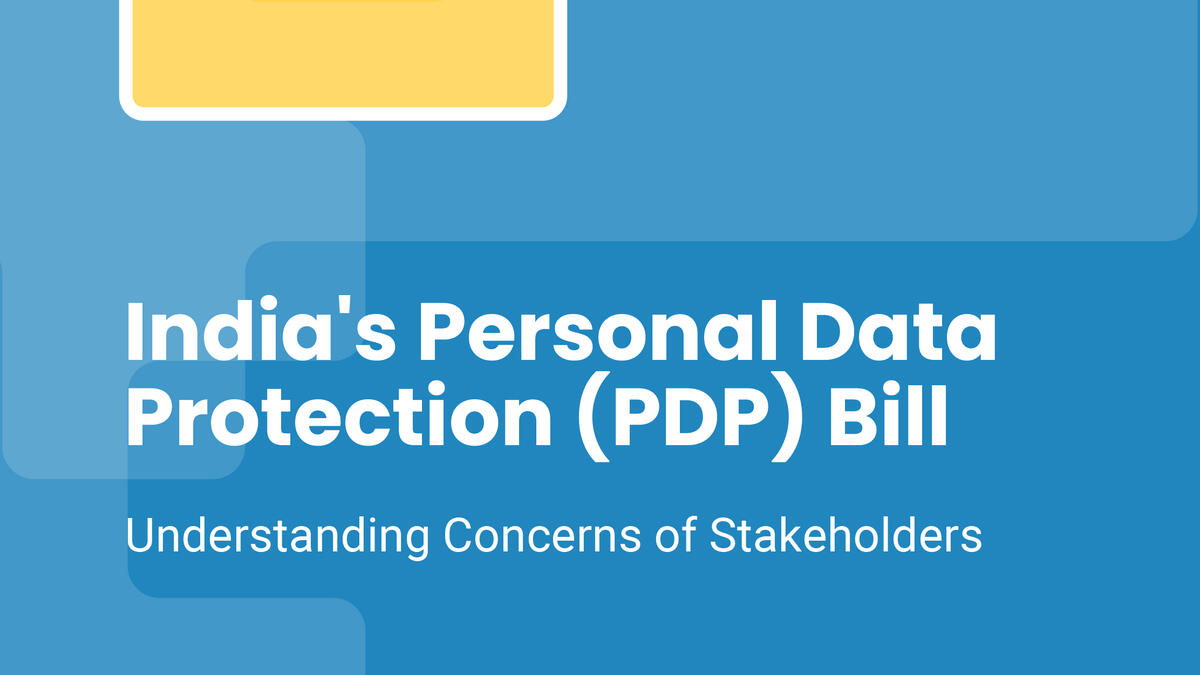
{{ gettext('Draft') }}
Hosted by
Deep dives into privacy and security, and understanding needs of the Indian tech ecosystem through guides, research, collaboration, events and conferences. Sponsors: Privacy Mode’s programmes are sponsored by:
more
Supported by
Omidyar Network India invests in bold entrepreneurs who help create a meaningful life for every Indian, especially the hundreds of millions of Indians in low-income and lower-middle-income populations, ranging from the poorest among us to the existing middle class. To drive empowerment and social i…
more
We’re the world’s most comprehensive and broadly adopted cloud platform, offering over 200 fully featured services from data centers globally. As a hyperscale cloud service provider, AWS provides access to highly advanced computing tools on rent for startups and SMEs at affordable prices. We help t…
more



